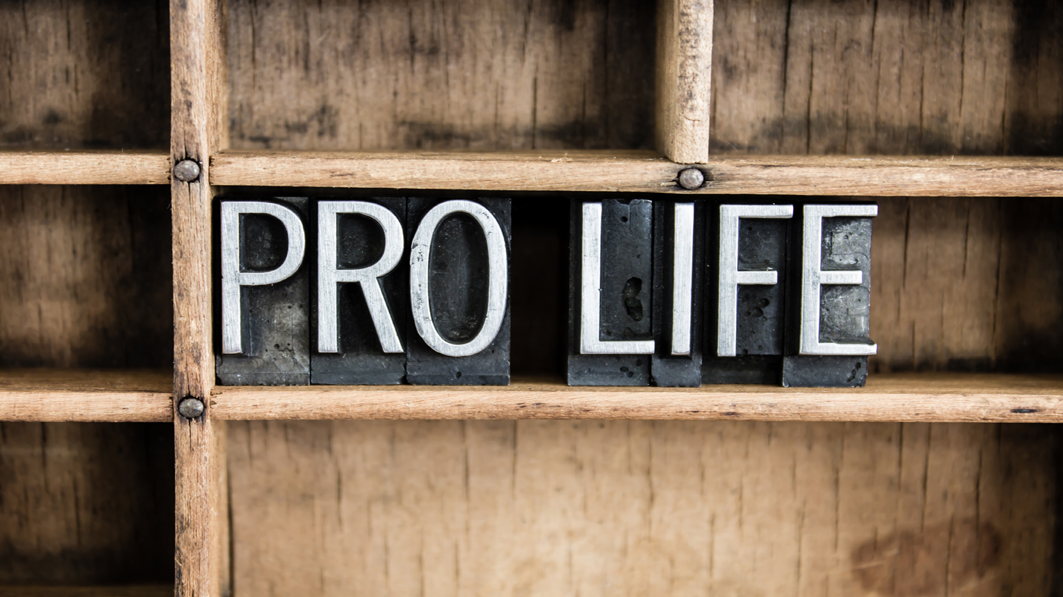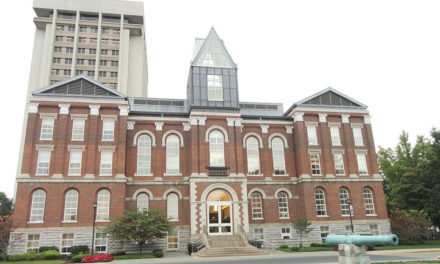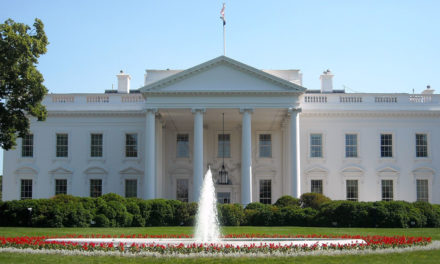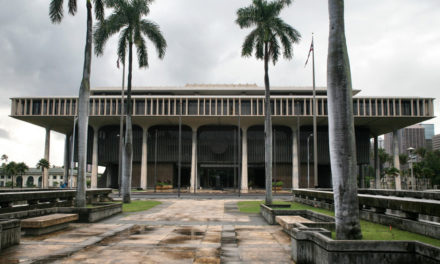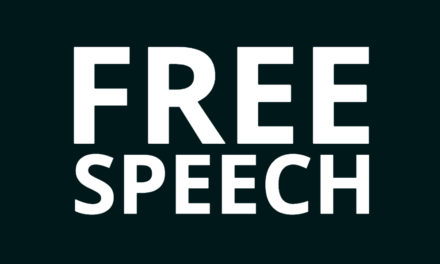Sidewalk counselors at abortion clinics attempt to talk abortion-minded women entering such clinics into changing their minds, or at least to consider the pro-life information offered by the counselors before making a final decision.
That’s good for the cause of life, but that’s bad for the abortion business.
Liberal-controlled city and state governments, usually at the insistence (and sometimes with the help) of the abortion industry, attempt to restrict sidewalk counselors from engaging with the women entering abortion clinics. They accomplish this by passing laws creating “buffer zones” or “bubble zones” around the clinic, the women entering the clinic, or both. Typically, no one may enter these “zones” to talk with these women or hand them leaflets unless they are invited in, which of course never happens.
These types of laws have been challenged in the courts on First Amendment free speech grounds with varying results.
In Chicago, where such a bubble zone ordinance was passed by the City Council in 2009, sidewalk counselors are prohibited from approaching to within eight feet of a woman who is inside a 50-foot radius of the front door to a “hospital, medical clinic or healthcare facility.”
The Abortion Distortion
Forgetting for a moment that calling an abortion business a “healthcare facility” is an Orwellian triumph in the redefinition of terms, this law targets only one kind of speech: pro-life speech. Chicago hasn’t enforced the ordinance against other types. Chicago justifies the law as necessary for preserving clinic access and protecting its female clients from unwanted speech, arguing it falls under the well-recognized “reasonable time, place and manner” exception to free speech.
But there is no “unwanted speech” exception to the First Amendment, and there are other less restrictive ways to ensure access to a facility than this type of law.
The late Justice Antonin Scalia was highly critical of the Supreme Court’s “abortion distortion” created in decisions since 1973’s Roe v. Wade that allow restrictions on otherwise protected free speech. In the 2000 case of Hill v. Colorado, the U.S. Supreme Court, in a 6-3 decision, upheld a Colorado law similar in almost all respects to the Chicago ordinance. The majority opinion considered the Colorado law to be merely a “time, place and manner” limitation allowed under free speech principles.
Justice Scalia, who wrote a dissent in Hill that was joined by Justice Clarence Thomas, accused the majority of creating constitutional exceptions in order to favor abortion:
“There is apparently no end to the distortion of our First Amendment law that the Court is willing to endure in order to sustain this restriction upon the free speech of abortion opponents,” Scalia wrote. “[…] Does the deck seem stacked? You bet. As I have suggested throughout this opinion, today’s decision is not an isolated distortion of our traditional constitutional principles, but is one of many aggressively pro-abortion novelties announced by the Court in recent years.”
In most cases, a precedent like Hill v. Colorado would doom the sidewalk counselors’ challenge to the Chicago ordinance, because lower courts are required to follow past Supreme Court decisions that are factually and legally similar to the one they are considering. And indeed, that’s what the Seventh Circuit did in this case by upholding the Chicago ordinance.
However, Hill may not ultimately save the Chicago ordinance, because Supreme Court decisions in the 19 years since Hill have eroded the logic and holding of Hill without actually going all the way and overturning Hill. So Hill remains a binding Supreme Court precedent, to which the Seventh Circuit, as a lower court, is bound to adhere.
However, in an interesting plot twist, the Seventh Circuit also implicitly pleaded with the Supreme Court to reverse its decision, and to overturn Hill in the process. Here is the Seventh Circuit’s last paragraph of its decision:
“The road the [sidewalk counselors] urge is not open to us in our hierarchical system. Chicago’s bubble-zone ordinance is materially identical to—indeed, is narrower than—the law upheld in Hill. While the Supreme Court has deeply unsettled Hill, it has not overruled the decision. So it remains binding on us. The [sidewalk counselors] must seek relief in the High Court.”
And so they are. The request to the Supreme Court (called a “petition for certiorari”) to reverse the Seventh Circuit’s decision and strike down the Chicago ordinance was filed on June 4, 2019. We’ll be following this one closely and provide you with updates when appropriate.
The case is title Veronica Price, et al. v. City of Chicago.

